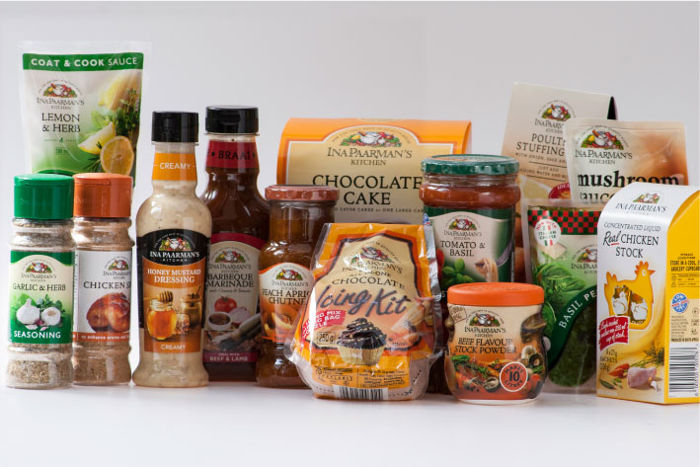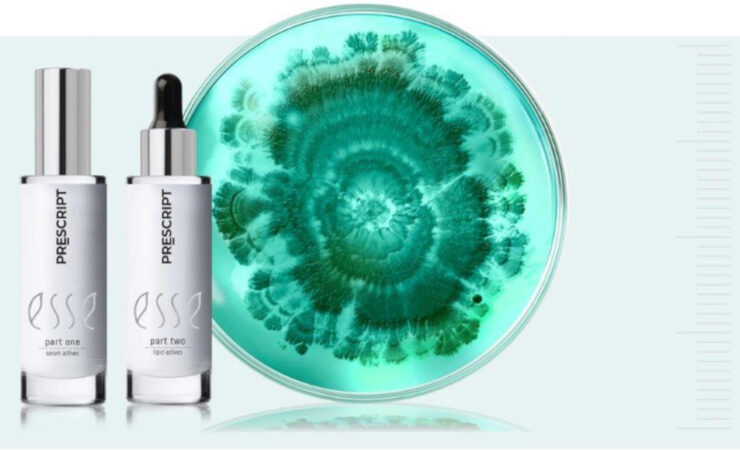To Scrub or Not to Scrub? The Low-Down on Exfoliation from a Skincare Expert

Taking care of your skin is no joke! With so much information out there and so many products promising to do this and that, it’s no wonder most women are confused about what they should and shouldn’t be doing when it comes to their daily skin care routine. Exfoliation, in particular, can be a confusing skincare topic for a lot of people. Should you, or shouldn’t exfoliate and what are the best products to use to keep your skin in tip-top shape? Here Stephanie-Anne Dickenson, Optiphi training specialist gives us the low-down on all things exfoliation.
According to Dickenson, exfoliation is probably the most over and underused step in most people’s skincare regime. “Some people over-exfoliate skin to such an extent that more oil and sensitivity is created as a protective mechanism,” says Dickenson. “On the other hand, some people forget this crucial step in their skincare regime altogether, leaving a dull lacklustre skin as a result of a build-up of dead cells.” If done correctly, incorporating exfoliation into your skincare routine will result in a more radiant, youthful and revitalised skin.
How often should you exfoliate?
It all depends on your skin type, says Dickenson. “Oily, congested skins should exfoliate at least 2-3 times a week to prevent clogging of the pores due to the oil-dead cell build-up while mature and drier skins should exfoliate at least once or twice a week, depending on the sensitivity of the skin.” The golden rule to remember is that dry skins are more prone to sensitivity and dehydration so less is more, whereas oily, congested skins can withstand a little more frequent treatment.
The more the skin is routinely exfoliated, the faster and more efficient the cellular turnover of the skin will be,” explains Dickenson. As you grow older the rate of cell turnover slows down dramatically. Dead cells on your skin’s surface hang around much longer, accentuating fine lines and making your complexion look dull and lifeless. By removing these dead skin cells (i.e. exfoliating your skin) you’re helping your skin make up for the gradual slowing down of your natural skin renewal process. “With exfoliation, the blood circulation is stimulated and accelerated and the formation of expression lines will be prevented. Exfoliation is vitally important for your overall ‘glow’ and ensuring the effective penetration of active ingredients.”
What should you exfoliate with?
“Exfoliating products do not need to cost you an arm and a leg,” explains Dickenson. Try incorporating a budget-friendly gentle exfoliating cloth into your skincare routine. Use light circular movements and refrain from ‘scrubbing’ the skin as this will either cause sensitivity or excessive production of oil.
“Another fantastic exfoliating method to safely use on all skin types is a chemical exfoliator.” A chemical exfoliator contains an array of Alpha Hydroxy Acids and Beta Hydroxy Acids to reveal beautiful, regenerated skin underneath the surface.
What products should you avoid?
“Do your bit for the environment and avoid using granular exfoliators”, says Dickenson. “Remember, the microbeads are made of plastic! One tube of exfoliator can contain up to a million plastic microbeads.” What’s more, overuse of microbeads can cause tiny rips in the skin that let in bacteria and pollutants, which can contribute to ageing and spots. Overuse of microbread exfoliants can weaken your skin’s barrier and lead to much bigger problems in the future so are best to be avoided.










